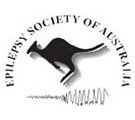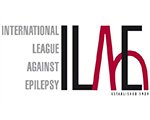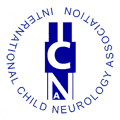Encephalitis
Description
Encephalitis and myelitis are neurological inflammatory conditions that occur mostly due to viral infections. Encephalitis affects one or several areas of the brain, and myelitis affects the spinal cord.
Encephalitis is a rare condition that may also occur due to immune system defects where the brain is attacked by the body’s own defence system.
Symptoms
In the initial stages, one may experience flu-like symptoms such as headache and fever. As the condition worsens there may be confusion, problems with vision, hearing, smelling and speech, loss of sensation or paralysis, seizures, or loss of consciousness.
Impact
Myelitis affects the myelin, which is the protective outer layer of nerve cell fibres, disrupting the transmission of nerve impulses and preventing the communication between the spinal cord and the rest of the body. The inflammation may be caused by abnormal immune reactions, reaction to certain vaccines or may be associated with certain autoimmune conditions such as Sjogren’s’ syndrome, multiple sclerosis, or neuromyelitis optica. Myelitis causes an onset of sudden pain in the neck or back, which may radiate to the arms, legs or around the abdomen, numbness, tingling, burning or cold sensations, weakness of the arms or legs, paralysis, and loss of bowel and bladder control. The symptoms may develop over a few hours and progressively worsen in a few days. Symptoms may recover or cause permanent impairment.
Diagnosis
To diagnose encephalitis or myelitis, your doctor will review your child's symptoms, medical history and risk factors. Diagnostic imaging tests such as CT or MRI of the brain and spinal cord may be ordered to look for swelling or the presence of a tumour. An EEG which records the electrical activity of the brain may be required. Fluid that surrounds the brain and spinal cord may be collected through a procedure called a spinal tap. Changes in this fluid may indicate inflammation or infection. Blood and urine tests may also be ordered to look for infections.
Treatment Options
In case of mild encephalitis, bed rest and adequate fluid intake are recommended. Your child's doctor may prescribe anti-inflammatories, antiviral and painkillers. Anticonvulsant therapy may be ordered in case of seizures. To treat myelitis, plasma exchange therapy may be performed, where blood plasma is replaced with special fluids. Apart from these, rehabilitative processes such as physical therapy, occupational therapy, and psychotherapy are recommended for long-term recovery and functioning.








